|
Soft skills are important if you want to succeed in the workplace. They help you to improve your everyday work especially if you are a teacher who deals with a classroom full of students. Nowadays soft skills like communication skills, public speaking, social skills and non verbal communication skills are becoming increasingly important in the global marketplace because both students and teachers are changing their way of thinking and their needs. The course “Soft Skills and Emotional Intelligence for teachers and education staff” took place in Palermo from 29/01/2023 to 4/02/2023. The participants came from all over Europe: Winne Hendrickx e Maarten Vantilt from Heilig Hartinstituut Heverlee in Belgium, Jonathan Courtney Dunderdale from IMT Mines Albi in France, Lidia Cucarella Montalvà from Colegio Salesianos San Juan Bosco in Spain, Ana Margarida Leitão Barata,Maria Antónia Galante Pereira and Jorge Orlindo Moura Ribeiro from Agrupamento de Escolas de Anadia in Portugal, Ivana Antoš from Trgovačka škola Zagreb in Croatia, Pleuni Vreeswijk from Keizer Karel College in Netherlands, Liene Smirnova from Aizkraukles Profesionālā vidusskola in Latvia, Océane Danielli from Fédération Française des Maisons de l'Europe in France, Merilin Tali from OÜ Hispaania Maja in Estonia, Ruta Dadeliene from Vilnius University in Lithuania, Niedermeier Anette from Bernhard-Strigel-Gymnasium Memmingen in Germany. The first topic discussed in the course was Emotional Intelligence, which is the capacity of individuals to recognize their own and other people’s emotions. In this session they have learned more about self awareness, self control, self motivation and empathy. The second topic was Leadership and Teamwork. Leadership comes in different forms and it changes depending on the situation. According to Daniel Goleman there are six distinct emotional leadership styles: visionary, coaching, affiliative, democratic, pacesetting and coercive. Through a series of practical activities participants were asked to reflect upon their leadership style and which one of them they liked most. Through a series of games and role plays, participants understood more about leadership and teamwork, discovering which kind of role they act in a group. The third topic was Communication styles and Listening skills. During this session participants understood that there are different communication styles such as passive, passive aggressive, aggressive and assertive, and how to recognize them. The fourth topic was Public Speaking which is the process of performing a presentation or a speech. Public speaking is hard for people who don’t want to be the center of attention or being judged by an audience. Participants reflected upon their experience with public speaking and their fears about it, and after that they challenged themselves creating and performing their first 3-minute speech. The last topic of the course was Conflict Management. Participants discussed that there are both positive and negative aspects about conflict: it can be seen as an opportunity to better understand oneself, to learn something new, to change a bad attitude. Through different group activities they learned that there are different conflict management styles: avoidance, accommodating, competing, compromise and collaborative. In conclusion, it was a rich week in which each participant had the opportunity to learn about himself and to explore the power of soft skills.
Discover more about this course at https://www.erasmustrainingcourses.com/soft-skills-for-education-staff.html |
Welcome to the ELA Blog. Here you will find articles and photos of our courses and have a look at the topics addressed during the week in Bologna, Palermo and Tenerife. You will also have the chance to take a peek at our projects and check out what we have been up to.
Archives
July 2024
Categories |
-
Course catalogue
- 2023-2024 course catalogue
- Soft Skills >
- ICT and New Technologies >
- Inclusion and Diversity >
-
Innovative Teaching Methods
>
- Innovative teaching methods discovery
- Non-formal education teaching methods
- Dual education and work-based learning
- Teaching leadership and entrepreneurship
- Project based learning
- Game based learning and gamification
- Green skills
- Outdoor education
- Outdoor education trekking edition
- Promoting creativity and critical thinking
- Languages and EU projects >
- Preschool >
- Erasmus Plus KA1
- What we do
- About us
- Locations
- Blog
- Contact us
 English
English български
български Čeština
Čeština Español
Español Français
Français ελληνικά
ελληνικά Italiano
Italiano Polski
Polski Português
Português Română
Română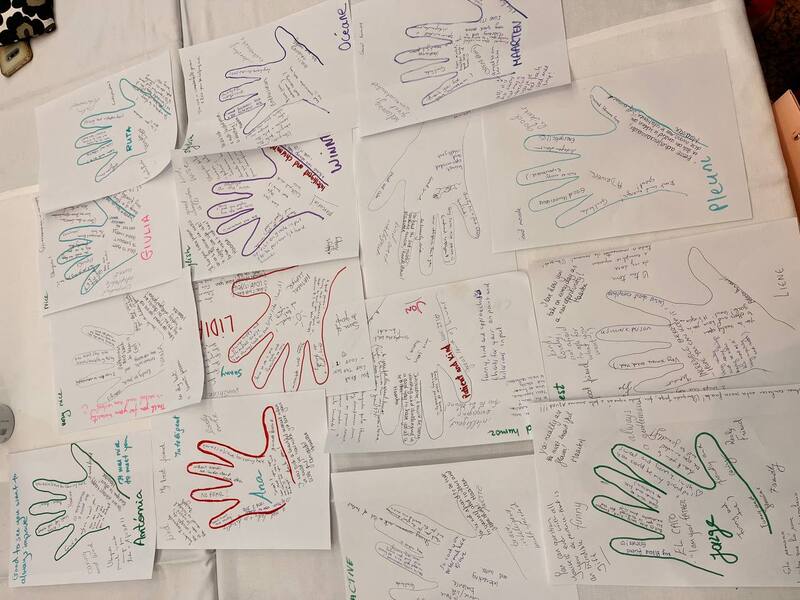
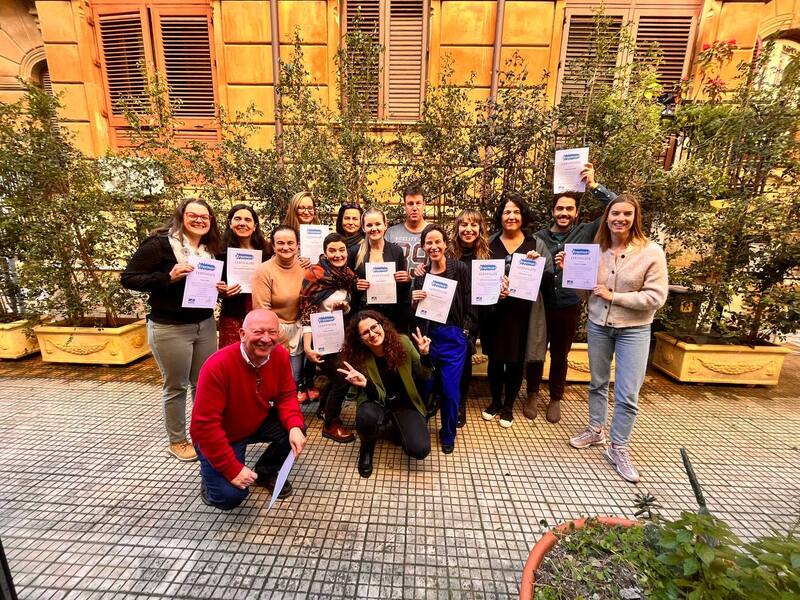
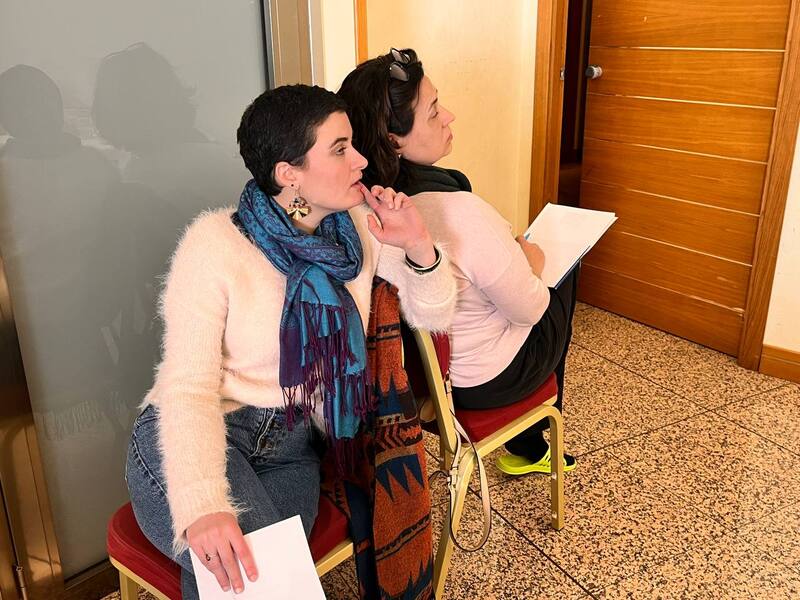
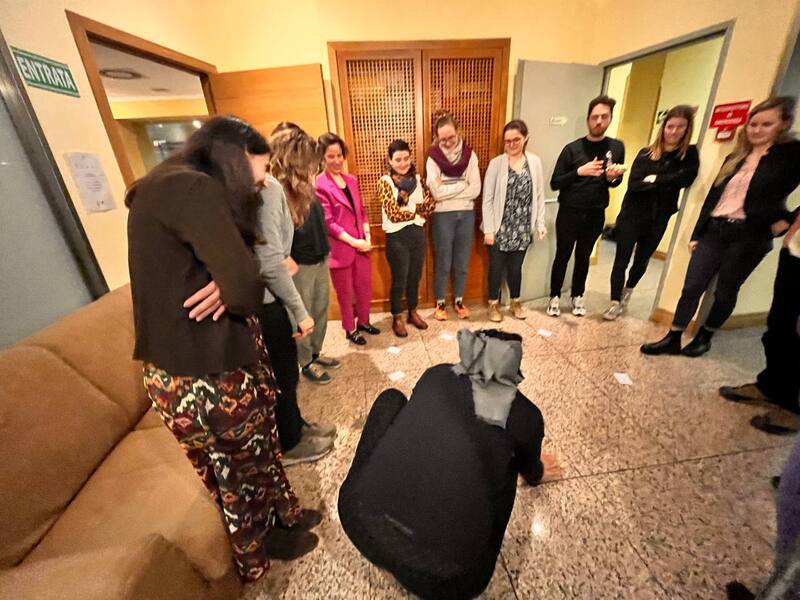
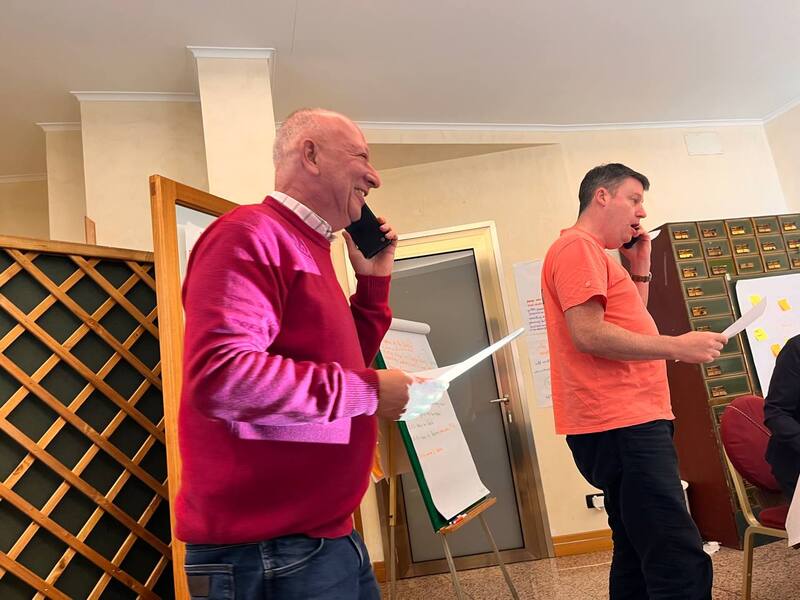
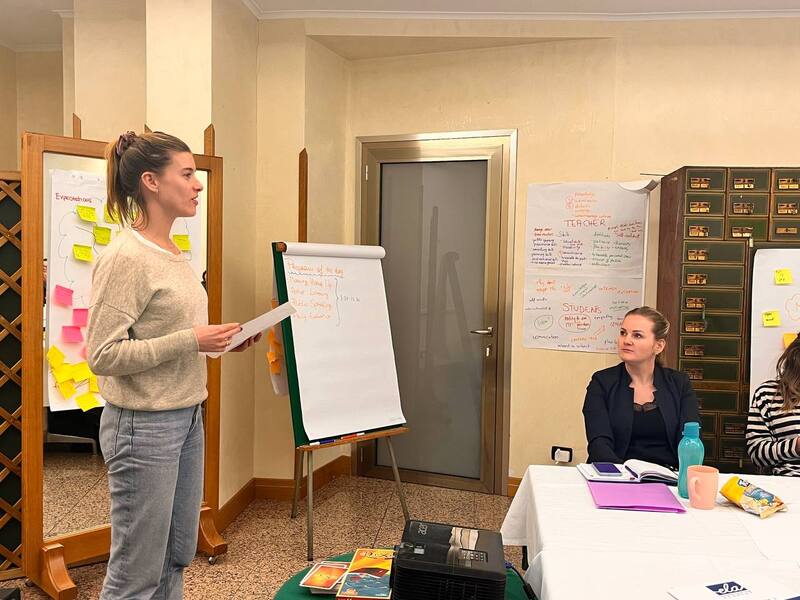
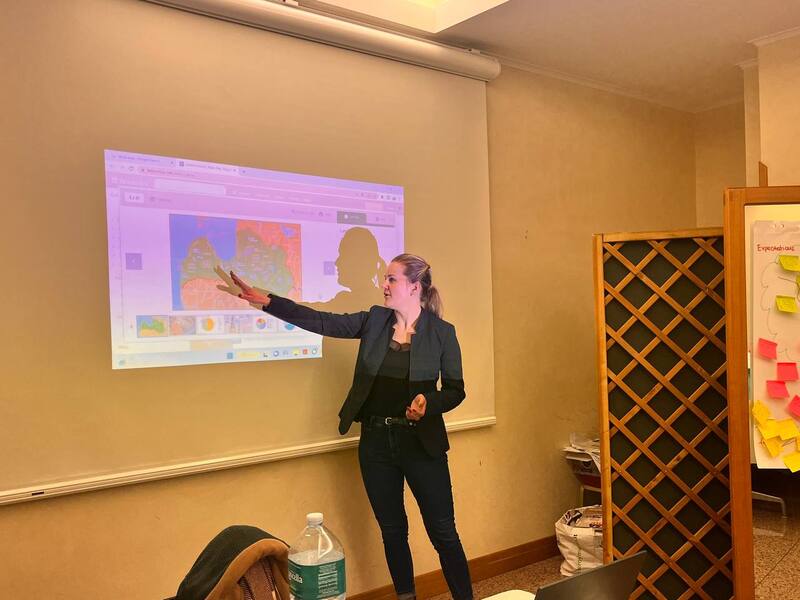
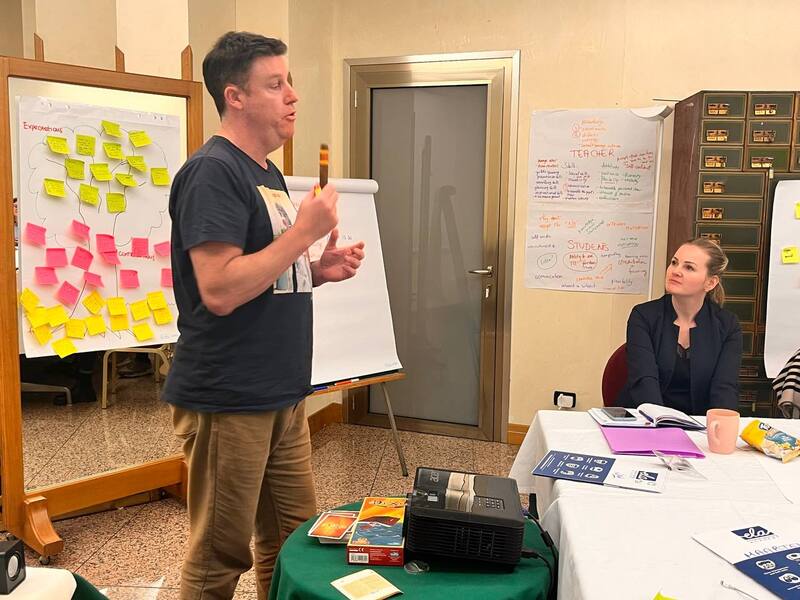
 RSS Feed
RSS Feed









